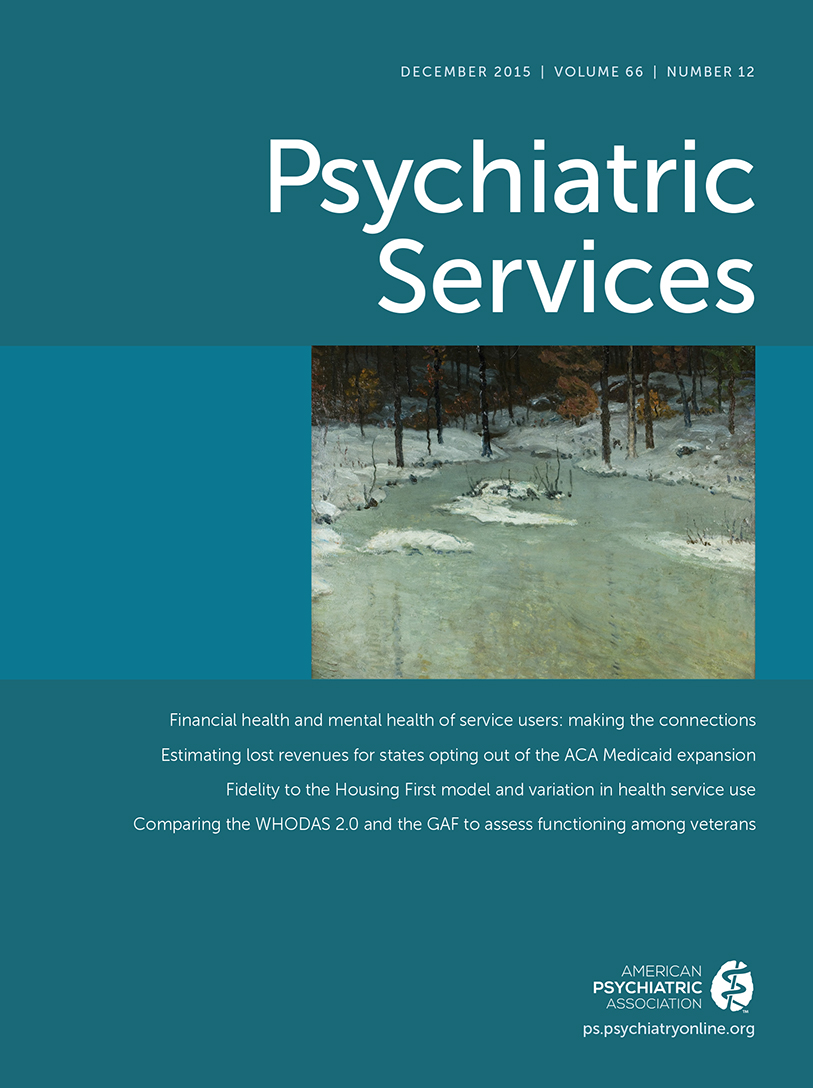Psychosocial Treatment of Bipolar Disorder: Clinician Knowledge, Common Approaches, and Barriers to Effective Treatment
Abstract
Objective:
Nonphysician mental health clinicians were surveyed to understand their knowledge about bipolar disorder, treatment approaches, and perceived barriers to optimal treatment.
Methods:
Nonphysician mental health clinicians (N=55) from five community mental health clinics reported on their therapeutic approach, knowledge, and skill related to treatment of bipolar disorder. Chi square and t tests were used to detect differences in responses by clinician characteristics.
Results:
Most clinicians wished to improve their treatment for bipolar disorder. They felt best prepared to provide counseling and least prepared to identify medication side effects. Among psychotherapies, CBT was the most familiar to clinicians. Although knowledgeable overall about bipolar disorder, the clinicians were less knowledgeable about pharmacotherapy. The most commonly reported treatment barrier was comorbid substance use disorders.
Conclusions:
Clinicians would benefit from additional training in effective therapeutic approaches for bipolar disorder as well as information about pharmacotherapy and supporting individuals with comorbid substance use problems.



